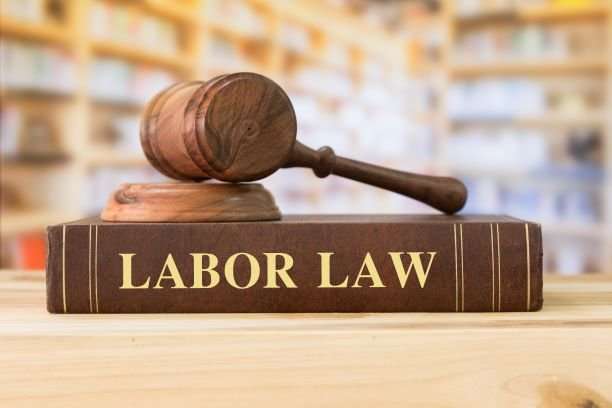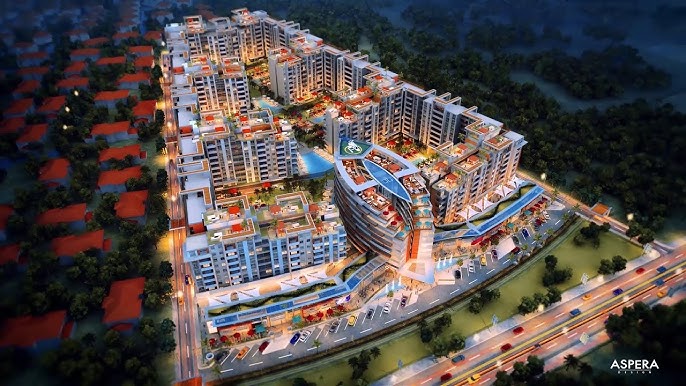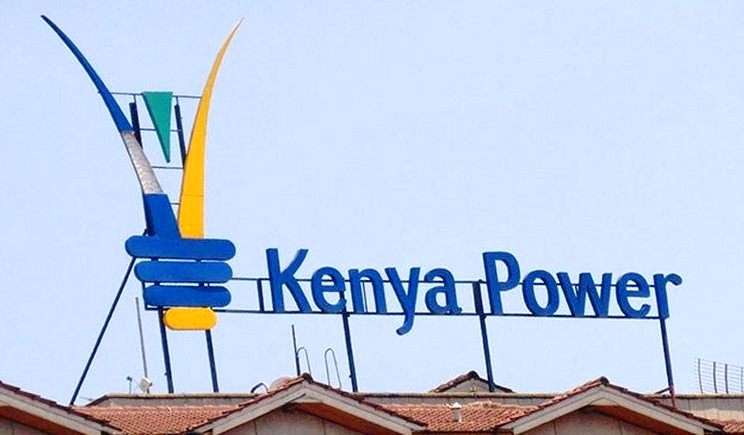By The Weekly Vision Reporter
An announcement by President William Ruto regarding the supply of 500,000 subsidized cooking gas cylinders to low-income homes was met with great enthusiasm by many people across the country. The plan was to distribute 100,000 cylinders by July 1, 2024, with an additional 100,000 during the 2024–2025 fiscal year.
It has, however, been discovered that state entities tasked with implementing the project were unsuccessful in the delivery of the project. Investigations reveal that Ksh. 76.5 million was transferred to the National Oil Corporation of Kenya (NOCK) to refill cylinders for the rollout of the Mwananchi Liquefied Petroleum Gas (LPG) project in Nairobi County alone. The project entailed the supply and distribution of liquefied petroleum gas (LPG) cylinders, grills, and burners to households at subsidized prices and the erection of facilities to store the cylinders at local distribution points.
However, investigations reveal that 79,057 6 kg gas cylinders supplied under the project were found to be defective by an independent inspector who was contracted by the State Department, following safety concerns raised by consumers, leading to the suspension of the project in 2019.
The State Department engaged the suppliers, who agreed to collect and remedy defective LPG cylinders. However, as of November 2023, a total of 26,188 cylinders valued at Ksh. 55,344,068 were yet to be remedied, even though the suppliers had been paid a total of Ksh. 36,408,218.
The Mwananchi Liquefied Petroleum Gas (LPG) Project was initiated by the Ministry of Energy and Petroleum in 2016 and was intended to promote the use of modern cooking fuels among low-income households. The National Oil Corporation of Kenya was engaged to implement the project, with the role of ensuring that the LPG components were distributed to the targeted households. The project was to be implemented in two modules, whereby Module I entailed the distribution of subsidized-filled 6 kg cylinders fitted with a grill and a burner in 11 piloted sub-counties in Nairobi.
Module II was the distribution of filled 6-kg cylinders with a smart metering device, a horse pipe, and two low-burner tabletop cookers. As of June 30, 2023, an amount of Ksh. 1,125,648,762 had been incurred for the purchase of LPG cylinders and accessories, inspection of the cylinders and accessories, purchase of two-burner low-pressure tabletop cookers, lease of storage space, provision of security services, and refilling of the cylinders.
In addition, one of the suppliers who supplied 11,132 defective cylinders and paid a total of Ksh 24,479,268 had been placed under receivership. A review of the records relating to the project and physical verification revealed that some 237,616 6 kg cylinders purchased under Module I and 84,500 two-burner low 560 pressure table top cookers purchased under Module II of the project, together with accessories, were yet to be distributed and were lying at the warehouses rented by the State Department and NOCK.
There was uncertainty in the implementation of the project due to a lack of policies and implementation frameworks. There are no project implementation plans, a strategy detailing how the project was started, an overall sustainability plan, or a beneficial identification mechanism for the LPG cylinders and low-burner tabletop cookers.





